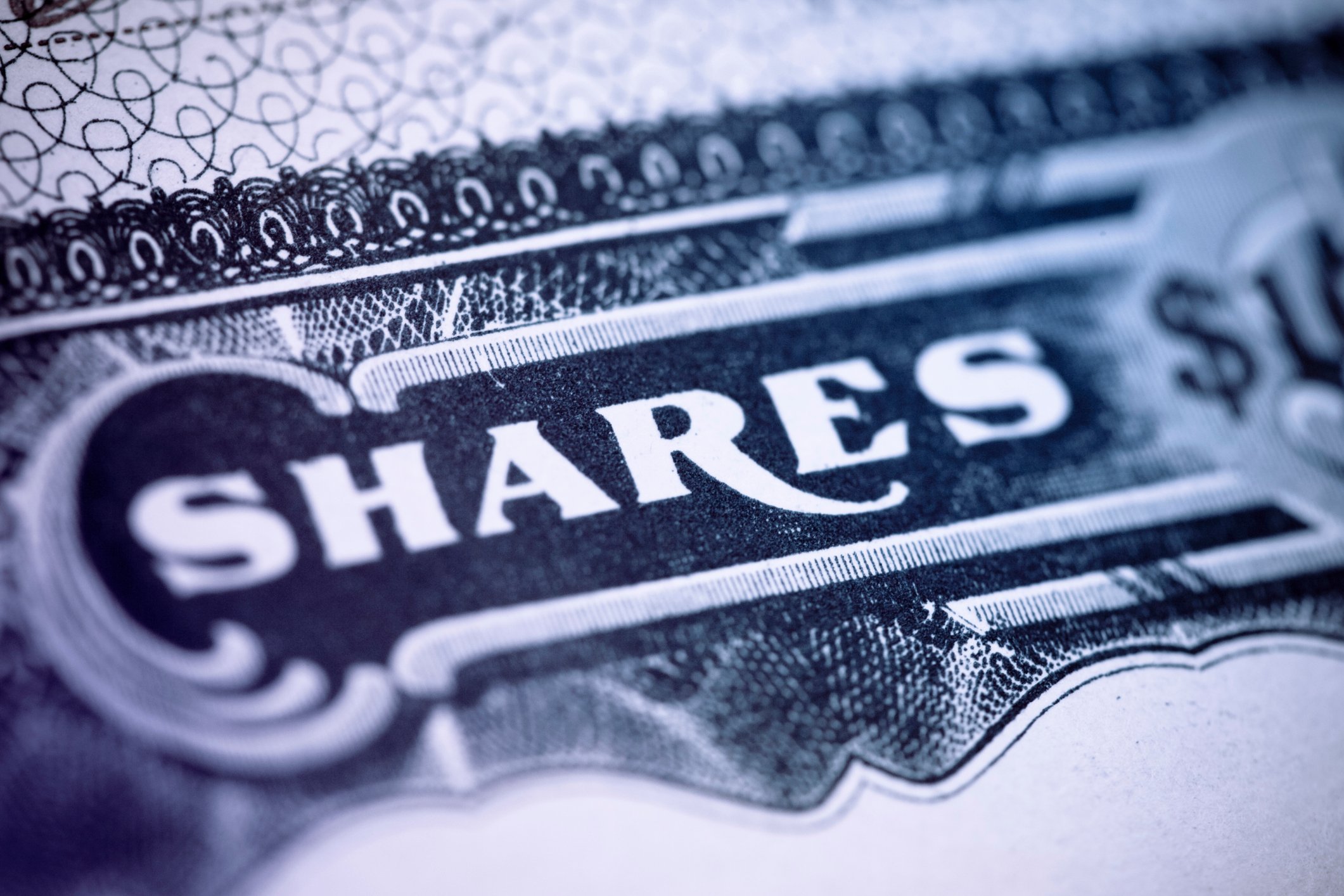Shares of Regencell Bioscience Holdings (RGC 18.61%) have been on quite a ride since their 2021 initial public offering (IPO), surging 9,800% year to date (as of Nov. 19). That's enough to drive many investors to buy.
Why are they buying this growth stock? Some are simply hoping the shares will keep surging. (That's not a great reason, though.) Others are excited by the company's focus: "We are an early-stage bioscience company that focuses on research, development and commercialization of Traditional Chinese Medicine for the treatment of neurocognitive disorders and degeneration, specifically Attention Deficit Hyperactivity Disorder and Autism Spectrum Disorder."

NASDAQ: RGC
Key Data Points
An exciting mission is great, but you should demand more of any stock you invest in. In Regencell's case, a glance at its financials shows that it has posted $0 in revenue for 2021, 2022, 2023, 2024, and 2025. And with zero on its top line, it's not surprising that its bottom line has been in the red for each of those years.

Image source: Getty Images.
Interestingly, the company executed a 38-for-1 stock split in June, after the share price ran up some 60,000%. (Stock splits are more typically 2-for-1 or 3-for-1.) Stock splits tend to get some investors overly excited at the prospect of owning many more shares, but they don't really do much. If you owned 100 shares at $50 apiece for a total value of $5,000 before a 38-for-1 split, you'd own 3,800 shares worth around $1.32 each post-split...for a total value around $5,000. (Stock prices get adjusted proportionately downward in a split.)
As my colleague Sean Williams has pointed out, Regencell doesn't even seem to be close to having any kind of commercial winner. That's fine for an early-stage biotech company, but concerning when we're discussing a company like Regencell, with a recent market cap topping $6 billion.
Fortunately, you don't have to be one of those investors piling in. You can focus on one of many terrific growth stocks with actual products and growth, or on one or more fast-growing exchange-traded funds (ETFs).
